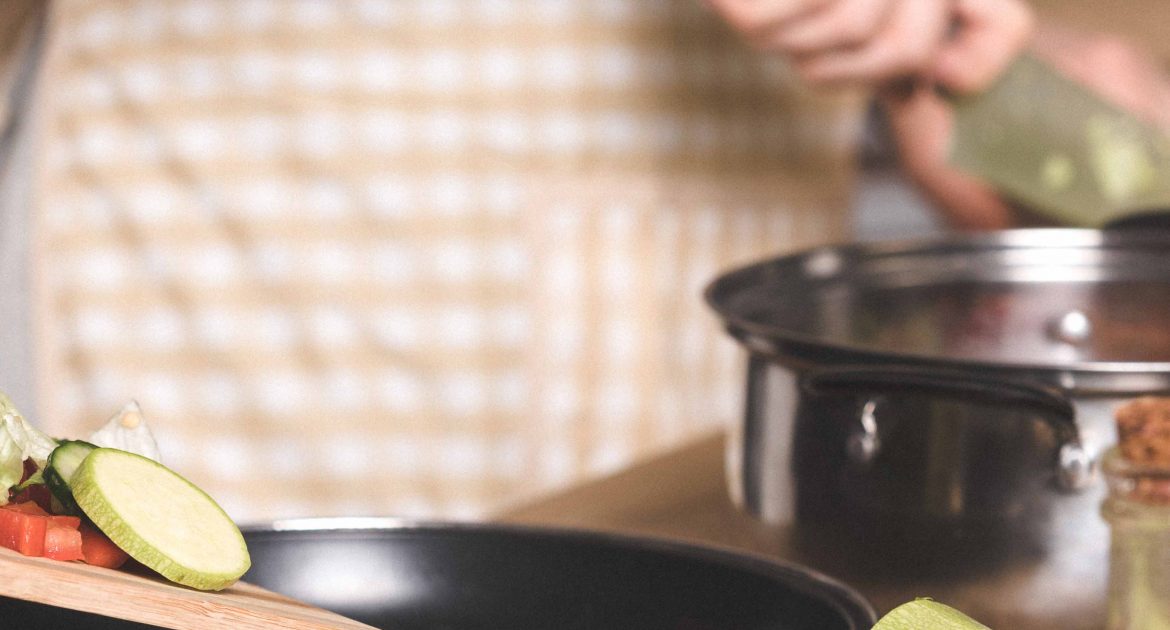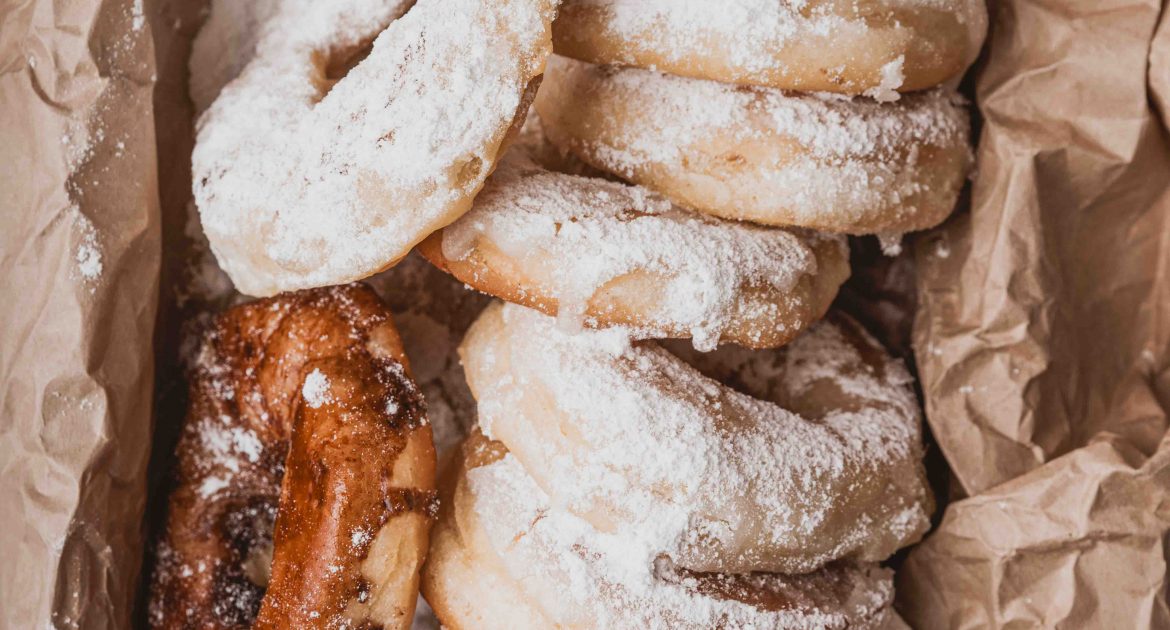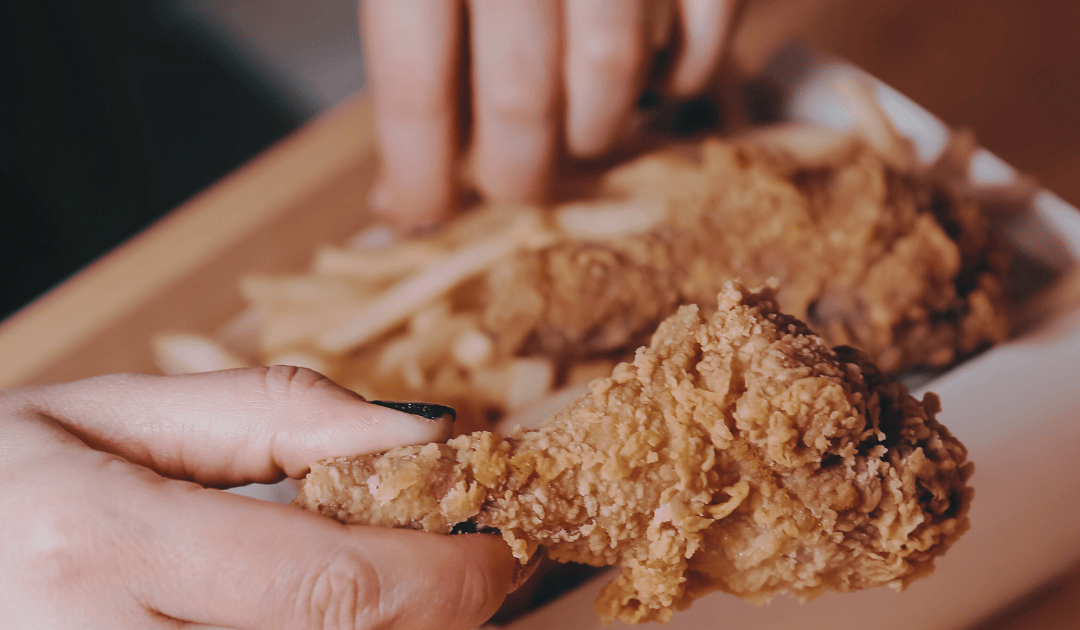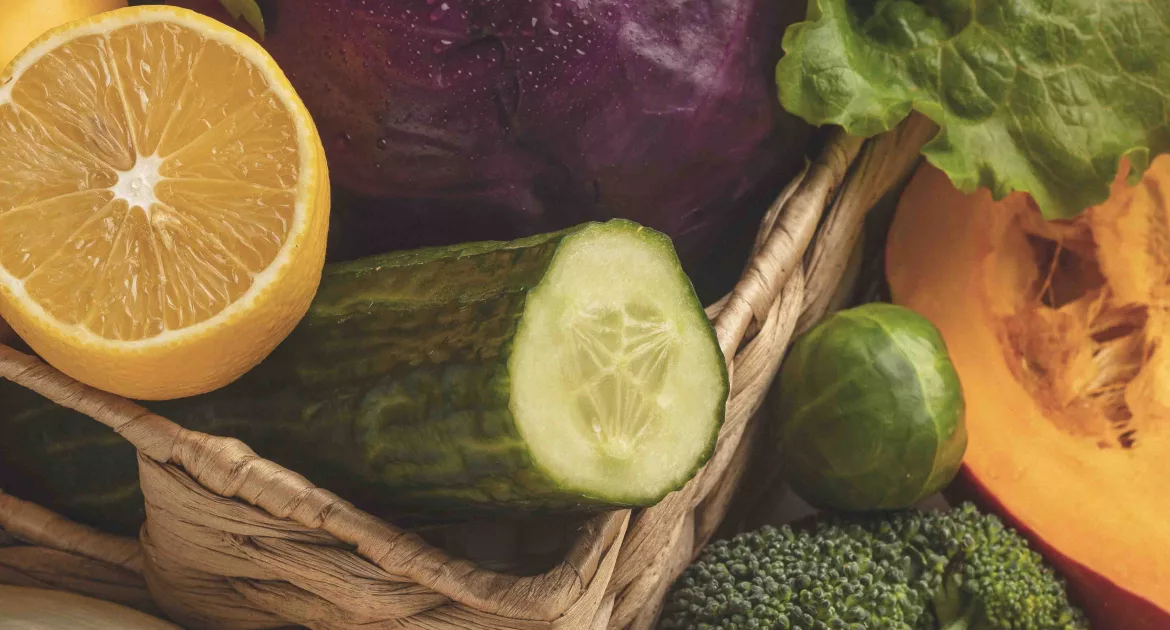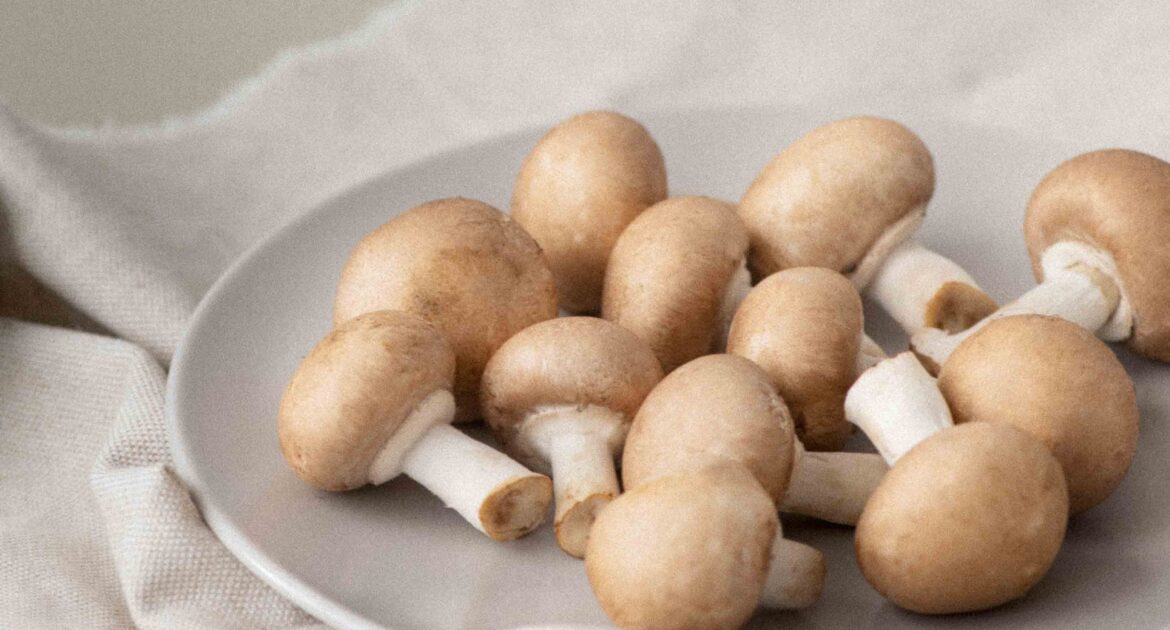
We’ve all been there. One moment you’re feeling sleek and confident, the next, your belly feels like an inflated balloon. Bloating is a common, yet pesky issue that can cause discomfort, a sense of fullness, and even pain. While it can be a symptom of various medical conditions, more often than not, it’s the result of our dietary choices. By identifying the foods that cause bloating and replacing them with less bloating alternatives, you can significantly reduce bloating and improve your overall digestive health.
Foods That Cause Bloating
1. Legumes

Beans, lentils, chickpeas, and soybeans are packed with nutrients and are an excellent source of protein. However, they also contain sugars and fibre that our bodies find hard to digest. These sugars are broken down by bacteria in the gut, leading to gas and bloating.
Eat instead: Opt for grains like quinoa or brown rice, or if you’re fond of your legumes, try soaking them overnight to reduce their gas-producing properties.
2. Dairy Products

Lactose, the sugar found in milk and other dairy products, can cause bloating if your body has trouble digesting it. This condition, known as lactose intolerance, is quite common.
Eat Instead: There are many lactose-free milk alternatives available today. Almond, coconut, oat, or soy milk can be great substitutes. Or, try lactose-free dairy products.
3. Certain Vegetables

Vegetables like broccoli and cabbage are known for their health benefits. However, they contain a type of sugar called raffinose which can lead to bloating.
Eat Instead: Instead of completely eliminating these nutritious vegetables from your diet, try cooking them. The process can help break down the fibres and make them easier to digest. You can also opt for other veggies like lettuce, spinach, cucumbers, and sweet potatoes.
4. Onions and Garlic

These vegetables contain fructans, a type of carbohydrate that can cause bloating in some people.
Eat instead: Herbs and spices. Fresh herbs like basil, dill, and thyme, or spices like turmeric and ginger, can add flavour to your meals without causing bloating.
5. Wheat and other grains

Wheat and other grains contain a protein called gluten. People with gluten intolerance or celiac disease can experience bloating after consuming these grains.
Eat instead: Gluten-free grains: Rice, oats, and quinoa are all gluten-free grains that are less likely to cause bloating.
6. Carbonated Drinks

The fizz in your favourite soda comes from gas, and where do you think that gas ends up? Right in your belly. Carbonated drinks can cause you to swallow air, which can lead to bloating.
Eat Instead: Choose flat drinks instead. Water infused with fresh fruit slices and herbal teas are healthier alternatives that can help keep you hydrated without causing bloating.
7. Artificial Sweeteners

Artificial sweeteners, such as sorbitol and xylitol, found in many diet foods and drinks, may cause digestive problems and bloating for some people. This is because they are not absorbed well by the body and can cause gas production.
Eat Instead: Opt for natural sweeteners like honey, maple syrup, or stevia. Better yet, try to wean your palate off super-sweet flavours.
And remember…
Everyone’s body reacts differently to different foods. If you’re struggling with bloating, try keeping a food diary to identify potential triggers. It’s also important to eat mindfully, taking time to chew your food thoroughly and not rushing through meals.
If you suffer from bloating G Herbal Weight may be an effective solution for you. Many of our customers (including our founder) take G Herbal Weight specifically for this benefit.
If your bloating continues to be a problem despite dietary changes, consult with a healthcare professional. It could be a sign of a more serious condition, and it’s always better to be safe than sorry.
*Disclaimer: This article is intended for informational purposes only and should not be considered medical advice. Always consult with a healthcare provider for any health concerns.


